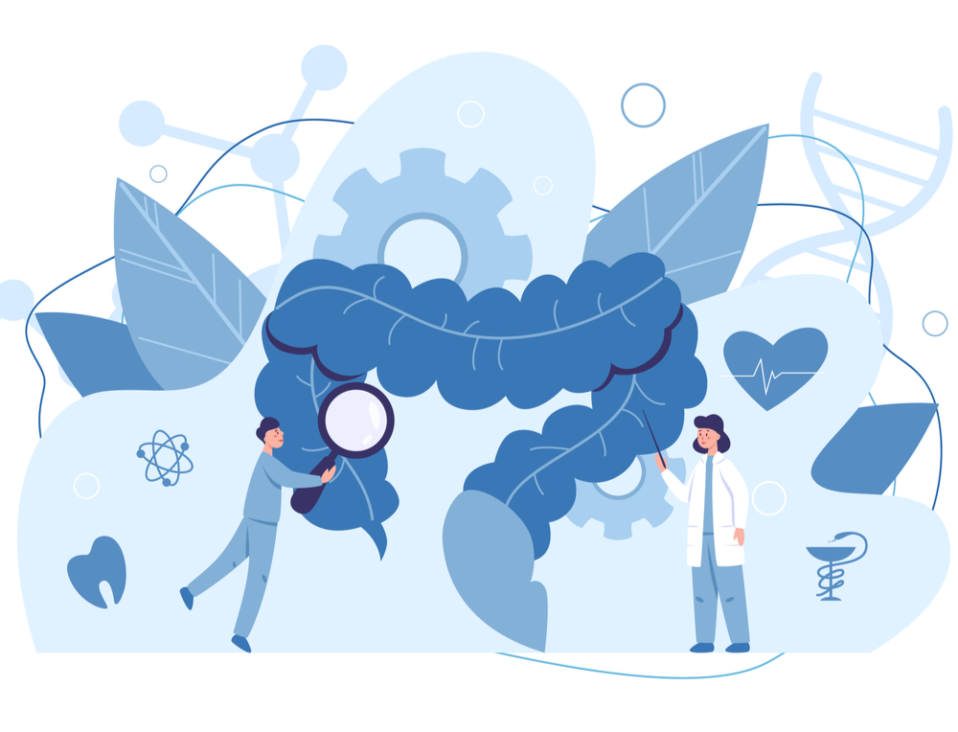THE CHALLENGE
——High Incidence and Mortality, Few Viable and Dedicated Drugs
Gastrointestinal (GI) cancers including colorectal, stomach, liver, esophageal, and pancreas have high incidence and mortality. Globally, they have the 2nd, 3rd, 4th, 6th, and 7th largest death tolls, respectively, among all cancers.
In 2020, stomach, pancreatic, and colon cancers together accounted for 22% of all cancer deaths and 18% of all new cancer incidences worldwide. In China, the loss of life due to stomach, esophageal, and liver cancers make up approximately half of the global deaths of these cancer types. In South Korea, colorectal and stomach cancer make up 25% of all cancer cases. Among the top 6 cancer types in Japan, 3 of them are GI cancers.
With the exception of colorectal cancer, GI cancers are not usually diagnosed at early stages when the cancer is more treatable.
For stomach and the majority of GI cancers, the diagnosis is made when the cancer has spread to other parts of the body. The effectiveness of surgery, chemotherapy, radiation, and adjuvant therapy are highly limited once the cancer has spread. For advanced stomach and liver cancers, less than 5% of patients can survive 5 years from their diagnosis.
Prolonged survival has been achieved with immunotherapy for certain solid cancers. However, the new checkpoint inhibitor therapy can make a patient’s immune system reactive to also itself. This autoimmune disease limits the effectiveness of the new immunotherapy.
THE ANSWER
— Innovative Immunotherapy for GI Cancer
With the recent success of immunotherapy for certain cancers, the Asian Fund for Cancer Research (AFCR) believes this therapeutic approach can also benefit patients with solid tumors like GI cancer-one of the greatest unmet clinical needs. AFCR is supporting a novel multi-targeting immunotherapeutic platform that provides a safe and effective treatment for GI cancers.
The approach of the innovative immunotherapy focuses on a biomarker, CDH17, that is heavily expressed in 50-95% of GI cancers. The abnormal expression of CDH17 mediates several oncogenes (cancer-causing genes) in GI cancers. Healthy cells have minimal amounts of CDH17 making the biomarker an excellent target.
One of the therapeutics in the platform is bi-specific antibodies-which target two antigens or proteins. This bi-specific antibody targets both CDH17 and the CD3 marker on T cells, the fighter cells of our immune system. This antibody forms a link between the T cells and the tumor cells- redirecting T cells to exert their normal cell-killing function on the tumor cells.
This novel approach to engaging the immune system can provide a safer and more targeted immunotherapy solution for patients with GI cancers.
THE IMPACT
—A Treatment for GI Cancer Where There was None
The burden of GI cancers in Asia and around the world is a major health crisis calling for a concerted effort in new treatment development. With the success of immunotherapy in prolonging survival for a few other cancers, AFCR believes and supports this novel research approach can be an effective and safe treatment for GI cancers.
The bi-specific antibody is a real solution to utilize immunotherapy to fill the current void of treatments for patients with gastrointestinal cancer. This treatment platform presents a high-impact approach that can save millions of lives of cancer patients in Asia and around the world.
CLINICAL DEVELOPMENT PLAN: Clinical study is being planned to evaluate the safety and effectiveness of the treatment for first-time cancer patients.
HOW YOU CAN HELP
—You Can Bring Hope of Life-Saving Cancer Care
Your support of AFCR will enable scientists to develop novel, safe, and effective immunotherapeutic approaches to treating cancers of GI system. When you support AFCR, you’re funding a vision: one in which patients in Asia and throughout the world no longer live in fear of the words ‘you have cancer.’
There is no better way for you to help make this happen than to support the Asian Fund for Cancer Research. With your donation, you are saving lives.

